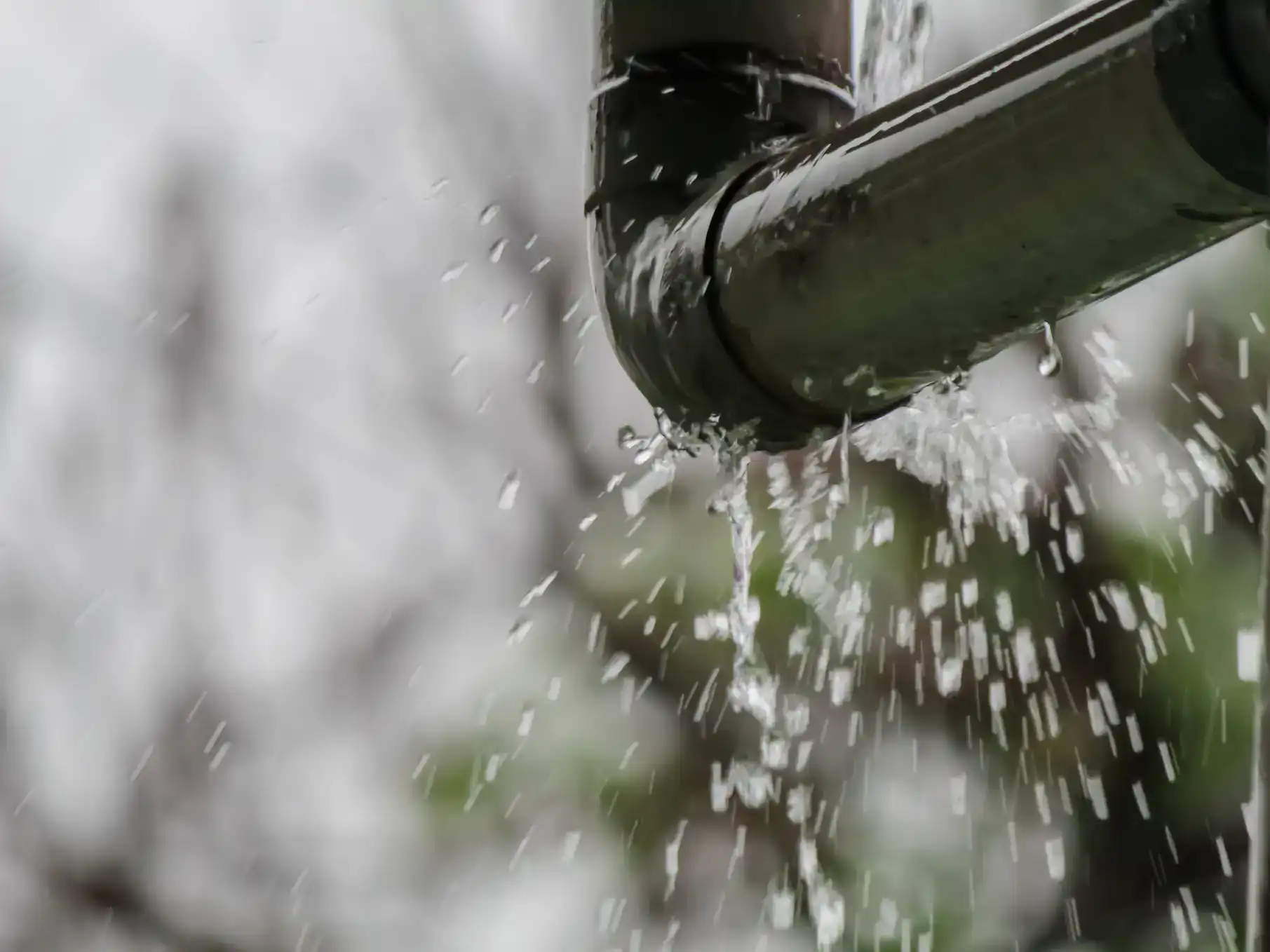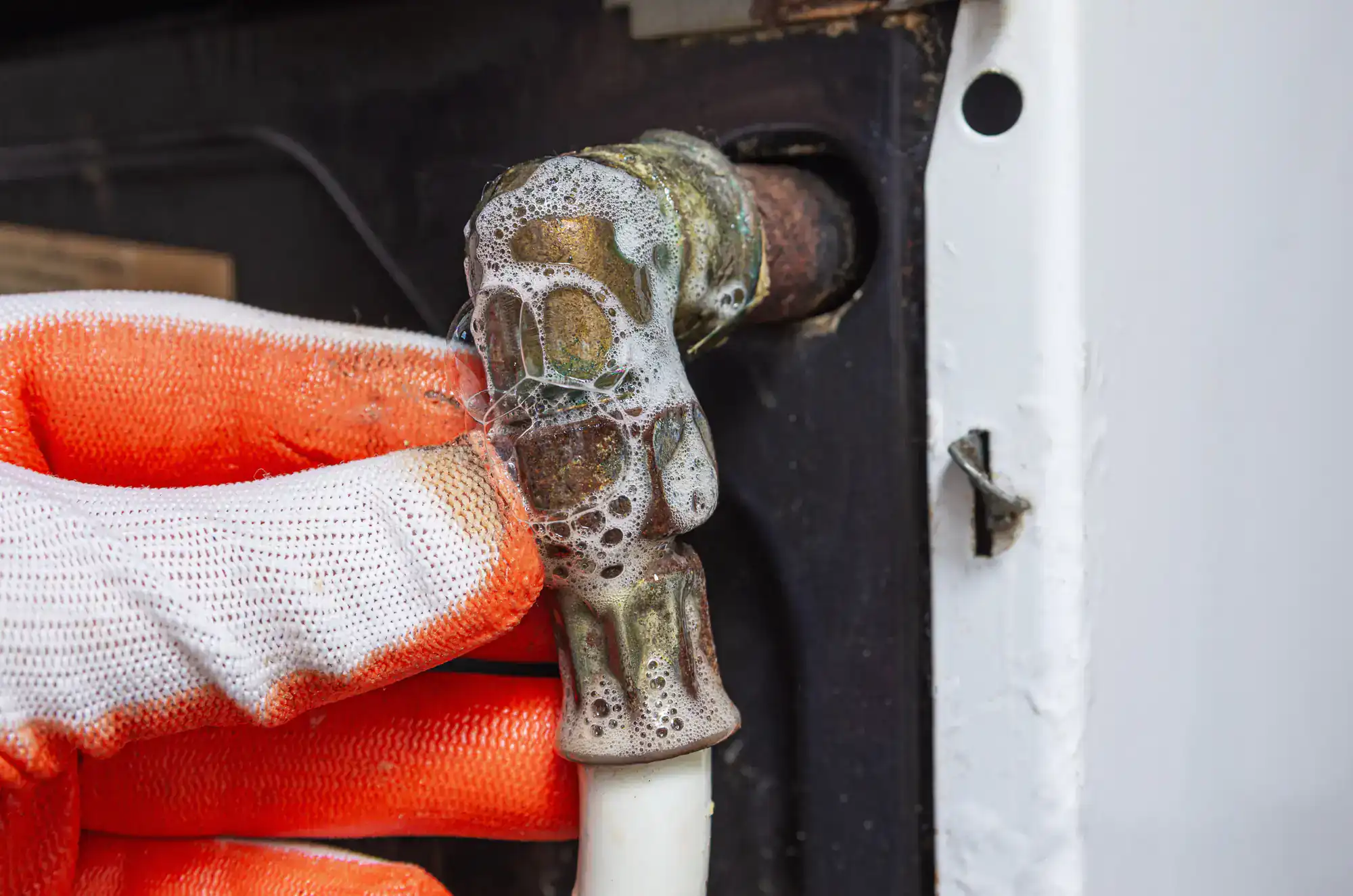
Our Reviews

You wake up to a normal Tuesday morning, but your water bill isn’t normal. It’s doubled. Somewhere in your Lincoln Park home, water is escaping where it shouldn’t be, and every hour it goes undetected costs you more money and risks serious damage.
That’s where professional leak detection changes everything. Instead of waiting for water stains on your ceiling or soggy spots in your yard, you get answers. You know exactly where the problem is, how serious it is, and what it’ll take to fix it.
No more guessing. No more watching your water meter spin while you sleep. Just clear answers that let you make smart decisions about your property and your budget.
All Rooter Hydro Jetting Experts Inc understands Lincoln Park’s unique challenges. The neighborhood’s historic brownstones, combined sewer systems, and proximity to Lake Michigan create plumbing situations that require real expertise.
We’ve been serving the Chicagoland area with professional plumbing services, and we know how Lincoln Park’s aging infrastructure behaves during Chicago’s harsh winters and heavy spring rains. When pipes freeze and thaw in century-old buildings, or when the city’s combined storm system backs up during heavy rainfall, you need someone who’s seen it all before.
Licensed, bonded, and insured, we bring both cutting-edge technology and local know-how to every job. We understand that in Lincoln Park, preserving your property’s character while solving modern plumbing problems isn’t just preferred—it’s essential.

The process starts with listening. Using advanced acoustic equipment, our technicians identify the distinct sounds water makes when it escapes under pressure. These specialized microphones can detect leaks through concrete, behind walls, and under floors without any invasive digging or demolition.
Next comes thermal imaging. This technology reveals temperature differences that indicate moisture, showing exactly where water is traveling through your walls or foundation. The infrared cameras create detailed maps of problem areas, pinpointing leak locations with remarkable accuracy.
For underground leaks, ground microphones and soil probes detect water movement beneath driveways, sidewalks, and landscaping. We can locate the exact spot where your water line has failed, often within inches, which means minimal excavation and faster repairs.
Once the leak is located, you get a clear explanation of what we found, what needs to be done, and what it will cost. No surprises, no hidden fees—just straightforward information that helps you make the right choice for your Lincoln Park property.

Ready to get started?
Lincoln Park’s unique geography and infrastructure create specific leak detection challenges. The neighborhood’s proximity to Lake Michigan means higher humidity levels that can mask early signs of leaks. The historic building stock, with its mix of original plumbing and modern updates, requires specialized knowledge to navigate safely.
During Chicago’s notorious freeze-thaw cycles, Lincoln Park properties face increased risk of pipe failures. The combination of century-old buildings and modern water pressure demands can stress plumbing systems in unexpected ways. Professional leak detection becomes crucial during these periods when small problems can quickly become major disasters.
Our service includes comprehensive testing of both visible and hidden plumbing systems. From slab leaks under concrete floors to pinhole leaks in copper pipes behind original plaster walls, our advanced detection methods protect Lincoln Park’s valuable real estate investments. Given that the average water damage claim exceeds $10,000, early detection isn’t just convenient—it’s financially essential for property owners in this high-value neighborhood.

Advanced leak detection uses completely non-invasive methods that protect your property’s historic character. Thermal imaging cameras detect temperature differences through walls without requiring any holes or demolition. Acoustic equipment listens for leak sounds through existing surfaces.
For Lincoln Park’s brownstones and vintage buildings, this approach is crucial. The technology can identify leaks behind original plaster walls, under hardwood floors, or within stone foundations without disturbing these irreplaceable architectural elements. Ground microphones locate underground leaks through driveways and landscaping without excavation until the exact repair location is confirmed.
This precision approach means your property’s historic integrity remains intact while still getting the thorough leak detection needed to protect your investment.
Lincoln Park’s aging infrastructure creates several common leak patterns. Slab leaks under concrete floors are frequent in older buildings where original copper pipes have developed pinhole leaks over decades of use. These often go undetected until water bills spike or floors become warm in unexpected areas.
Pipe leaks behind walls are also common, especially where original plumbing meets modern updates. The different expansion rates of old and new materials can create stress points that eventually fail. Winter freeze damage is another major concern, particularly in buildings where heating systems struggle to keep all areas adequately warm.
Underground water line leaks frequently occur where service lines connect to the main system. Chicago’s combined sewer system and Lincoln Park’s dense urban environment put additional stress on these connections, making regular monitoring essential for property owners.
We provide emergency leak detection services 24/7 for Lincoln Park properties. Response times are typically within hours, understanding that water damage can accelerate quickly in the neighborhood’s dense housing environment.
Given Lincoln Park’s proximity to Lake Michigan and the area’s high property values, rapid response becomes even more critical. A basement leak in a Lincoln Park brownstone can affect multiple floors and cause tens of thousands in damage if not addressed immediately. Our emergency service includes both detection and immediate mitigation steps to prevent further damage.
We maintain equipment and staff ready for emergency calls because Lincoln Park’s unique challenges—from frozen pipes in historic buildings to sewer backups during heavy rains—don’t follow business hours.
Many insurance policies cover leak detection when it’s part of a covered claim, and some insurers offer discounts for properties with professional leak detection systems installed. The key is documentation and working with experienced professionals who understand insurance requirements.
For Lincoln Park properties, professional leak detection often pays for itself by preventing major damage claims. Given that the average water damage claim exceeds $10,000, spending a few hundred dollars on professional detection can save thousands in repairs and insurance deductibles.
We work directly with insurance companies and provide the detailed documentation insurers require for claims processing. This includes thermal imaging reports, acoustic testing results, and precise location mapping that insurance adjusters need to evaluate coverage and approve repairs efficiently.
Modern leak detection technology is remarkably accurate, even in Lincoln Park’s challenging older buildings. Thermal imaging can detect temperature differences as small as one degree, making it effective even through thick plaster walls or stone foundations common in historic properties.
Acoustic detection equipment can distinguish between the sounds of normal water flow and leak-related noise, even in buildings with active plumbing systems. The technology filters out background noise to isolate the specific frequency signatures that indicate water escaping under pressure.
For Lincoln Park’s mixed construction—where original materials meet modern updates—this precision is essential. The equipment can differentiate between different pipe materials and identify exactly where failures occur, whether in century-old cast iron or newer copper installations. Location accuracy is typically within inches, minimizing excavation and repair disruption.
If you suspect a leak in your Lincoln Park property, the first step is to check your water meter. Turn off all water usage in your home, then observe the meter for any movement. Even small movements indicate water flowing somewhere it shouldn’t be.
Look for obvious signs like water stains on ceilings, damp spots in basements, or unusually warm areas on floors that might indicate slab leaks. In Lincoln Park’s older buildings, pay attention to changes in water pressure or unusual sounds in walls, especially during quiet periods when normal household water use isn’t masking other noises.
Don’t wait if you notice these signs. Lincoln Park’s dense housing means a leak in your property can affect neighbors, and the neighborhood’s high property values make water damage particularly costly. Professional leak detection can confirm your suspicions and provide exact location information, allowing for targeted repairs that minimize disruption to your historic property.